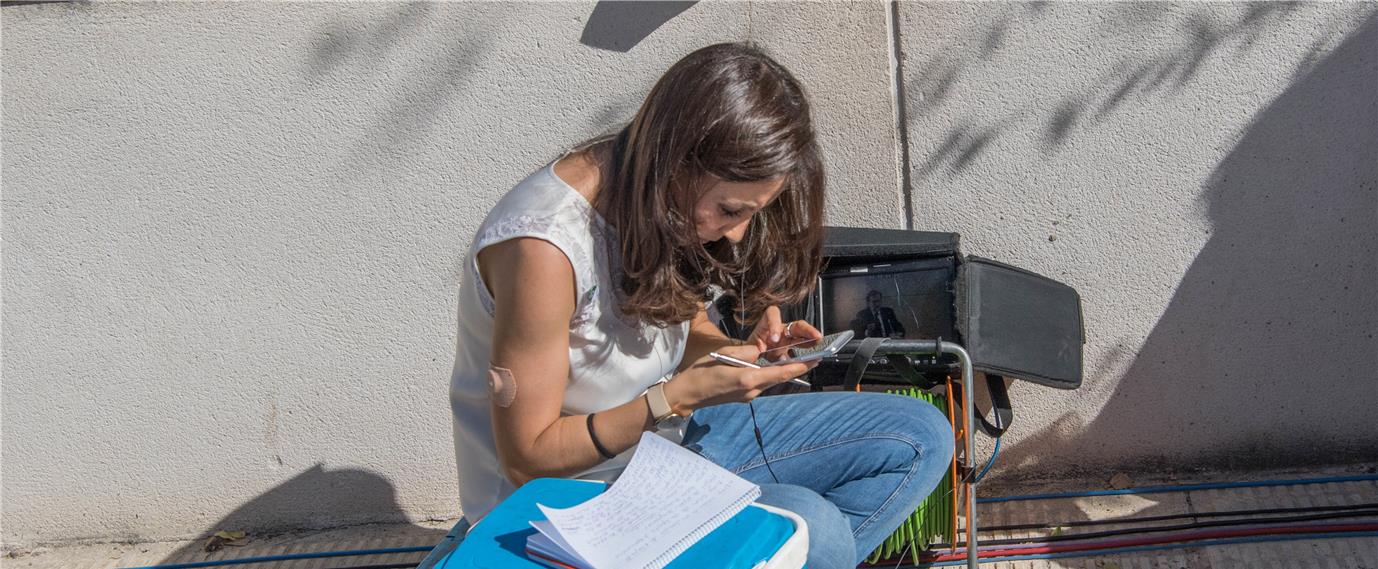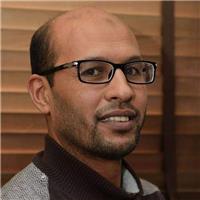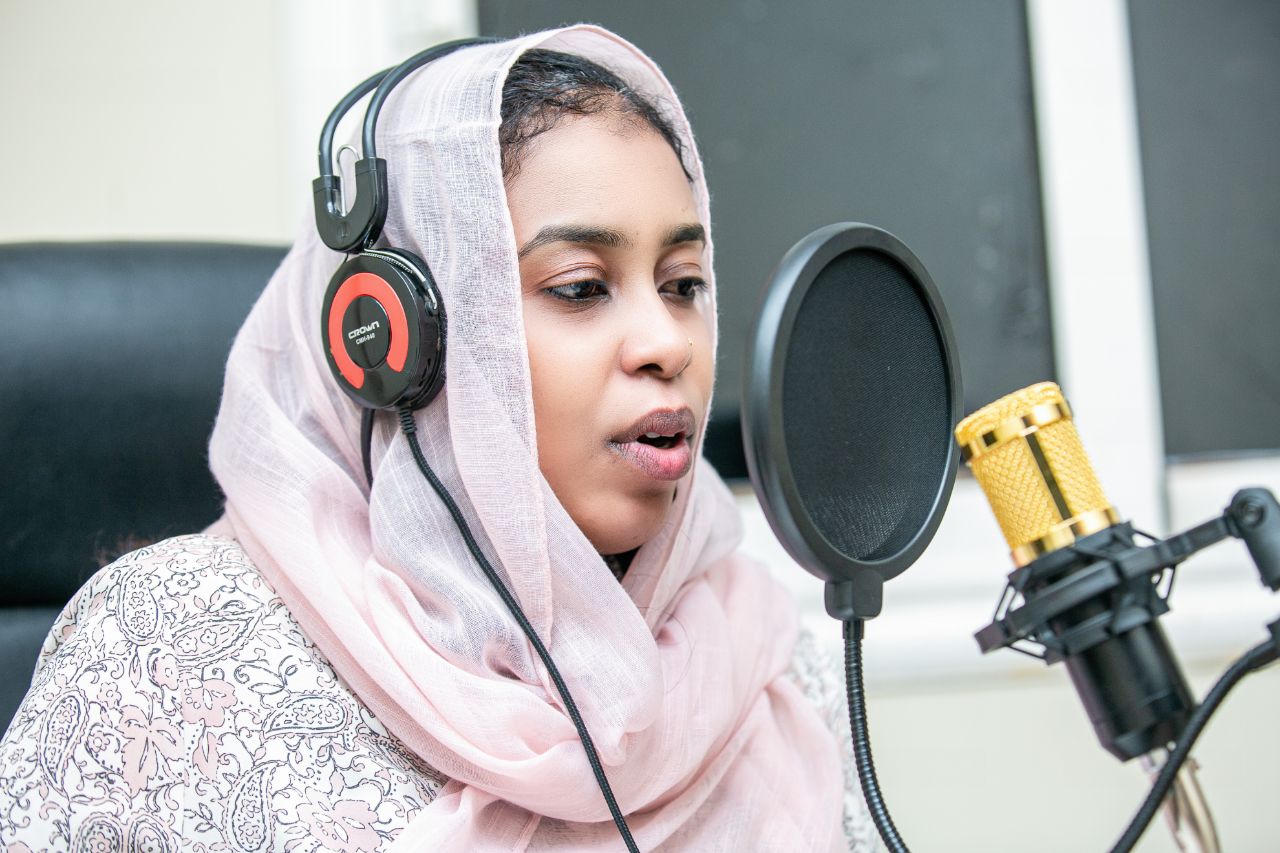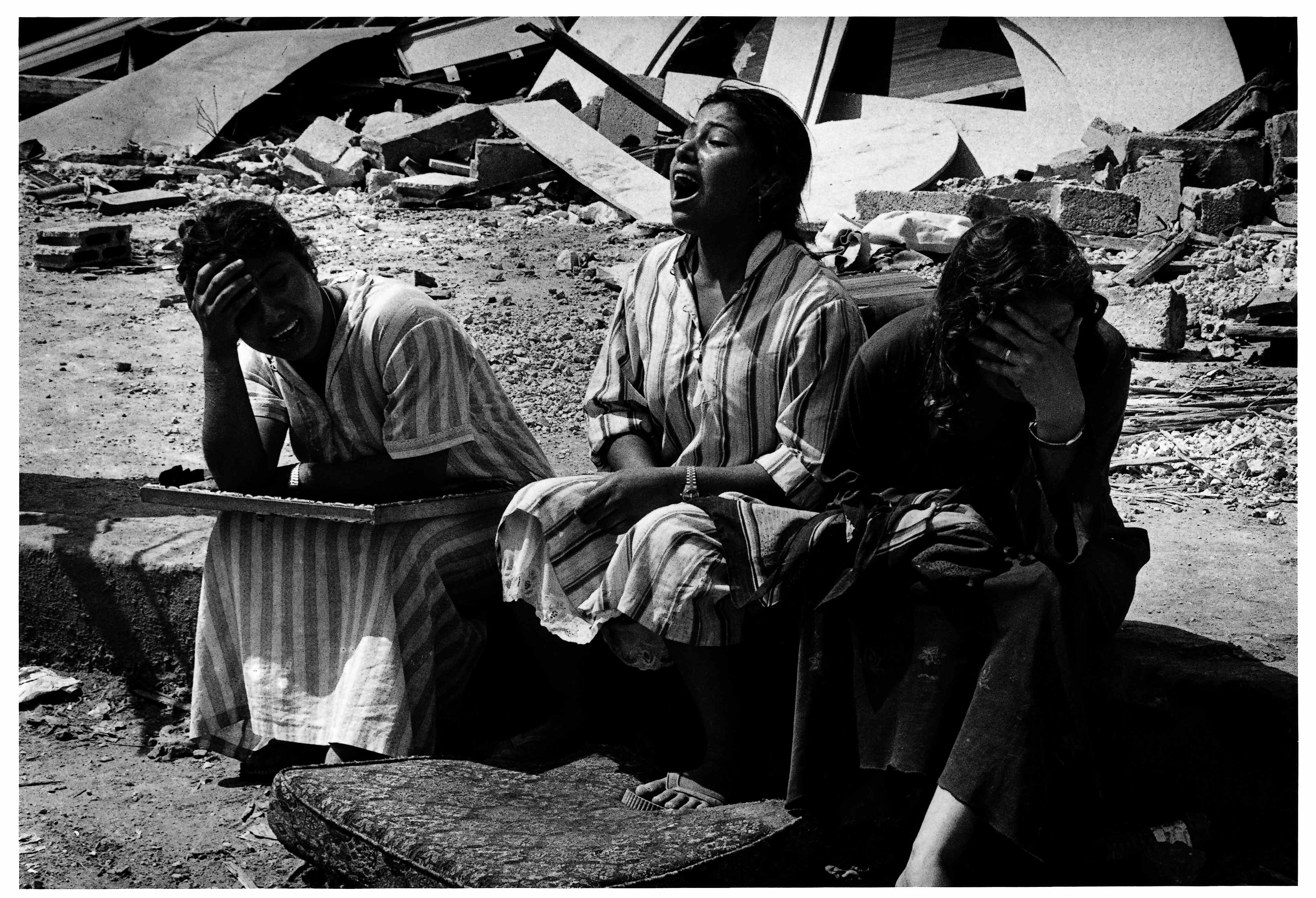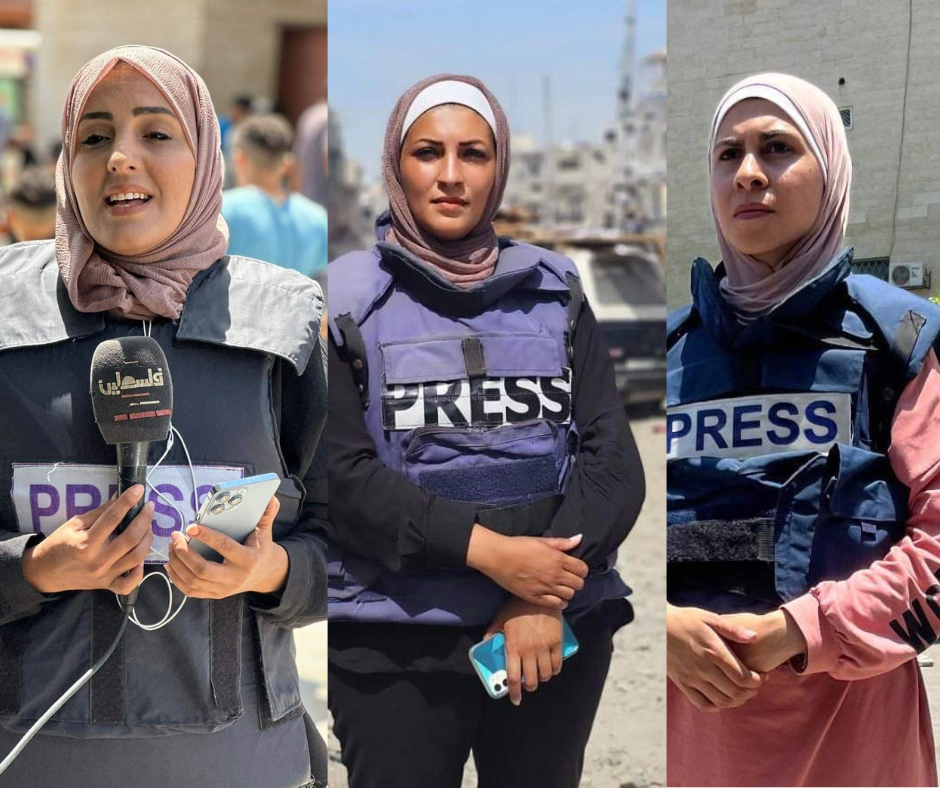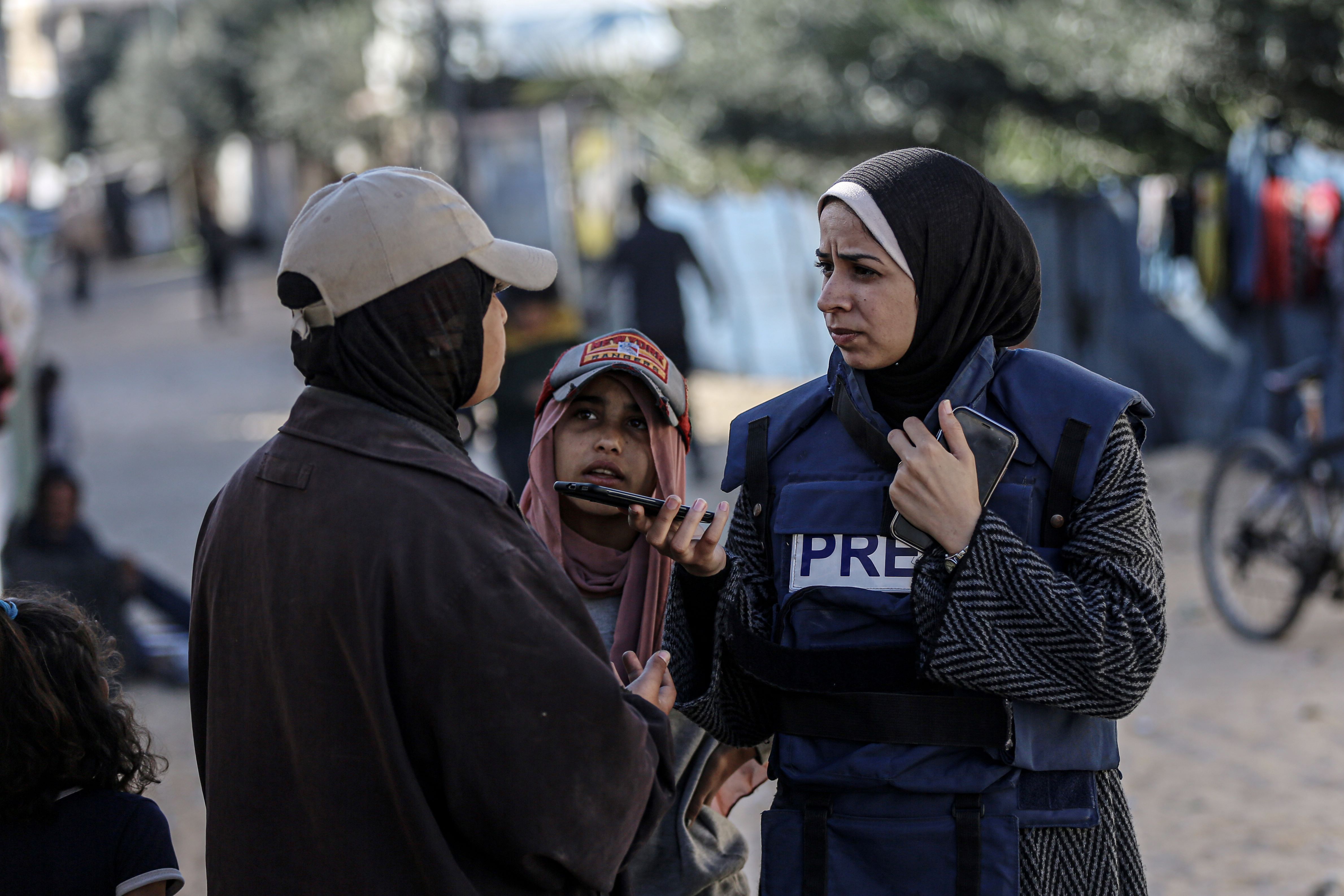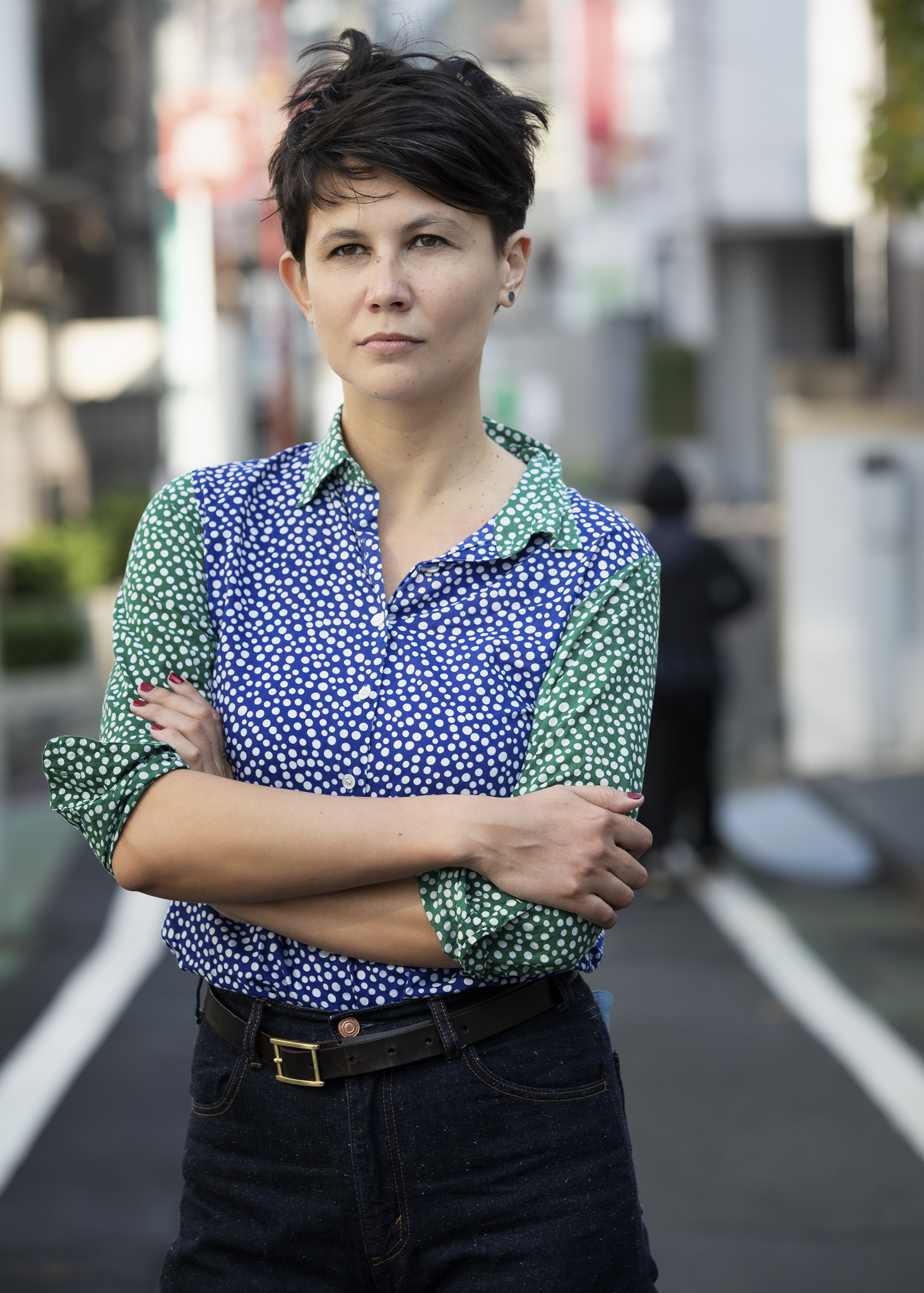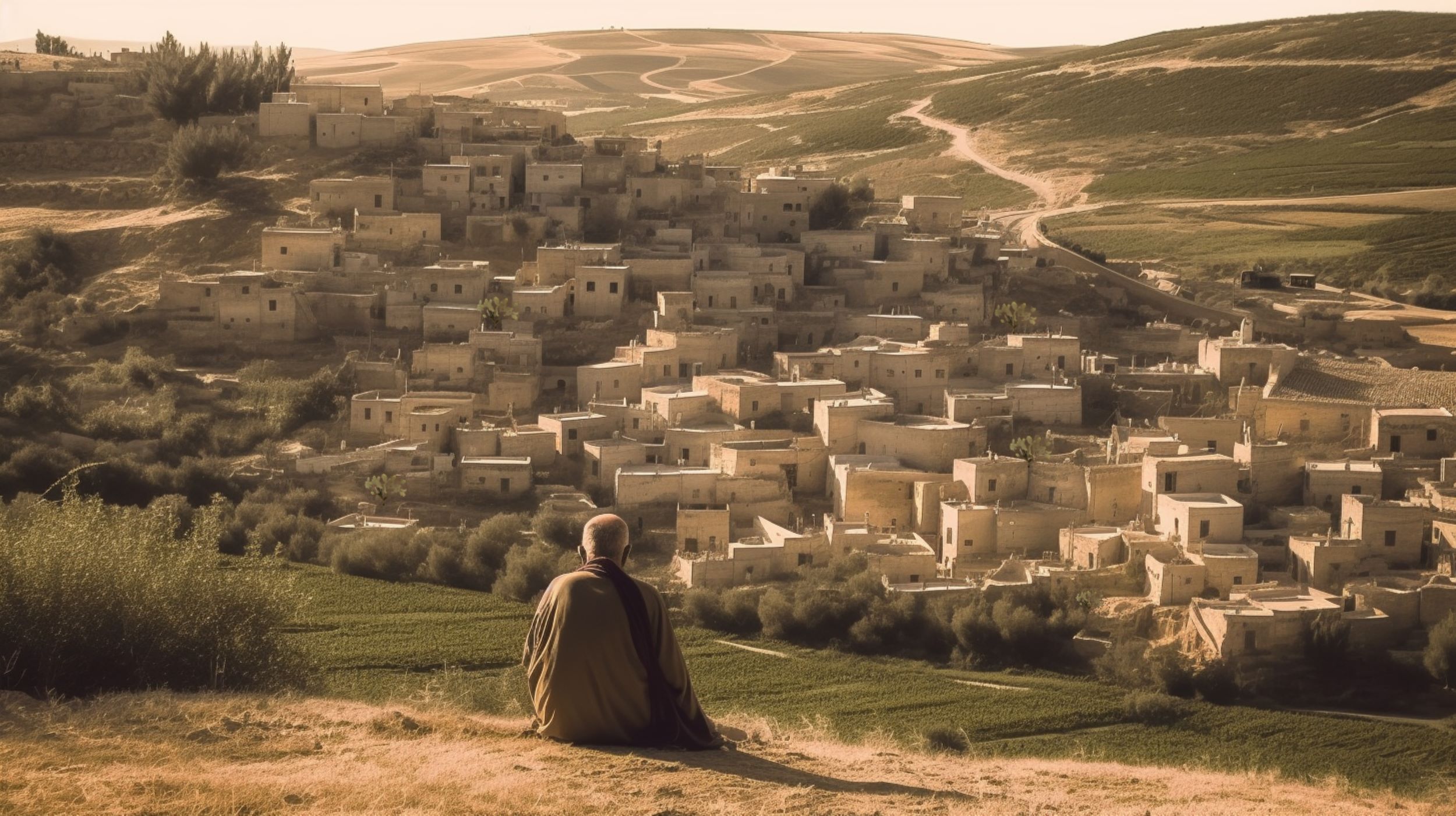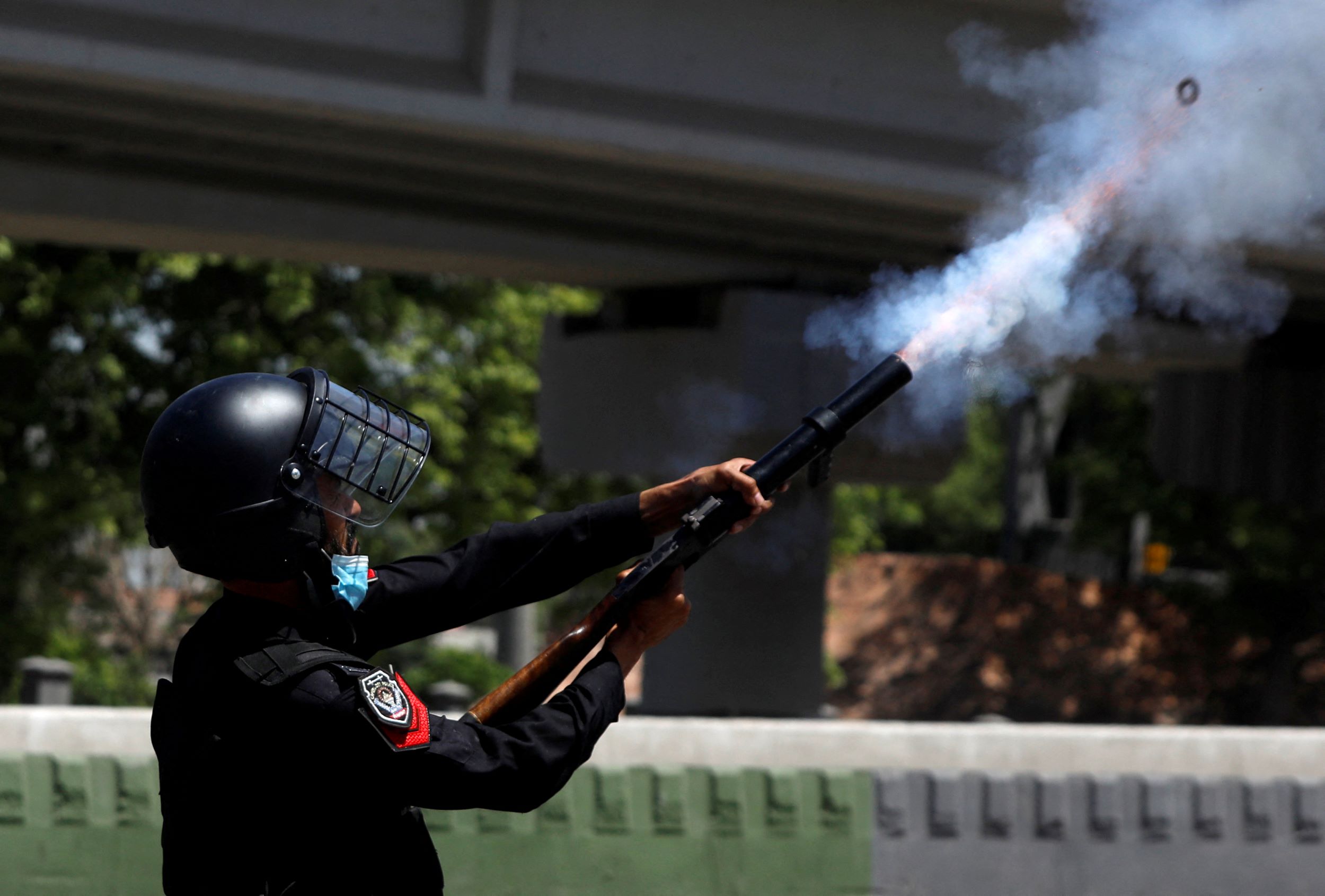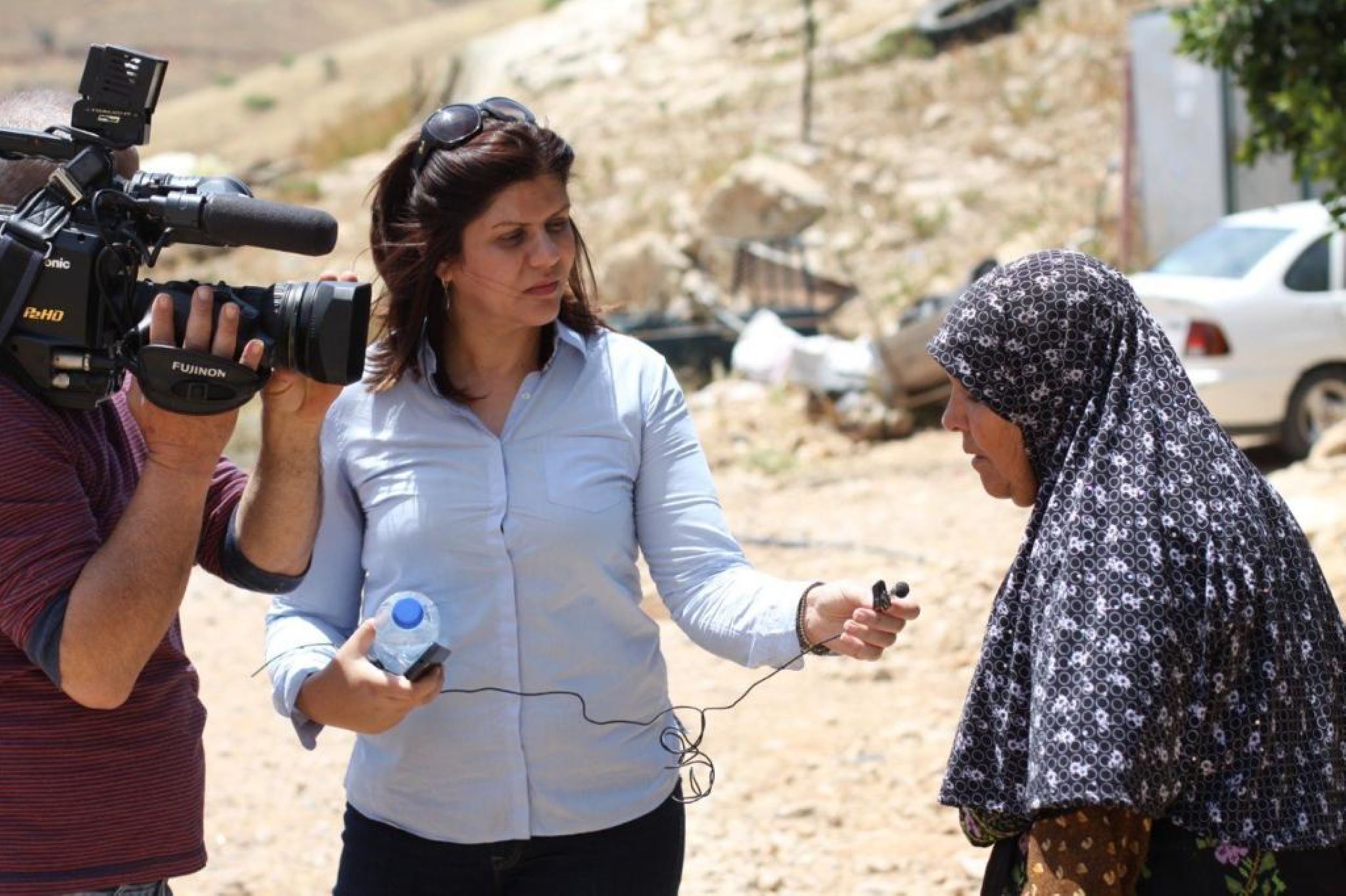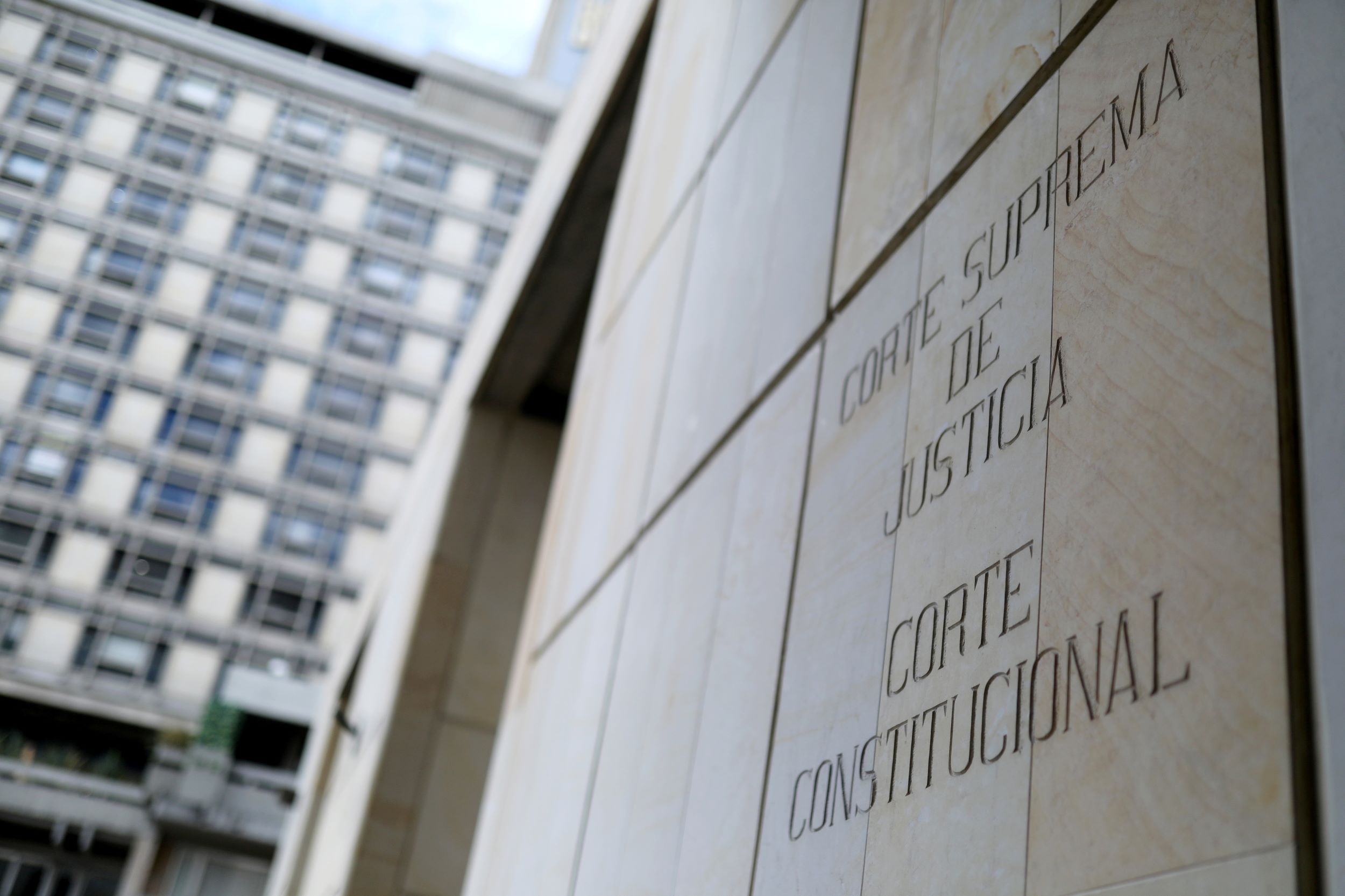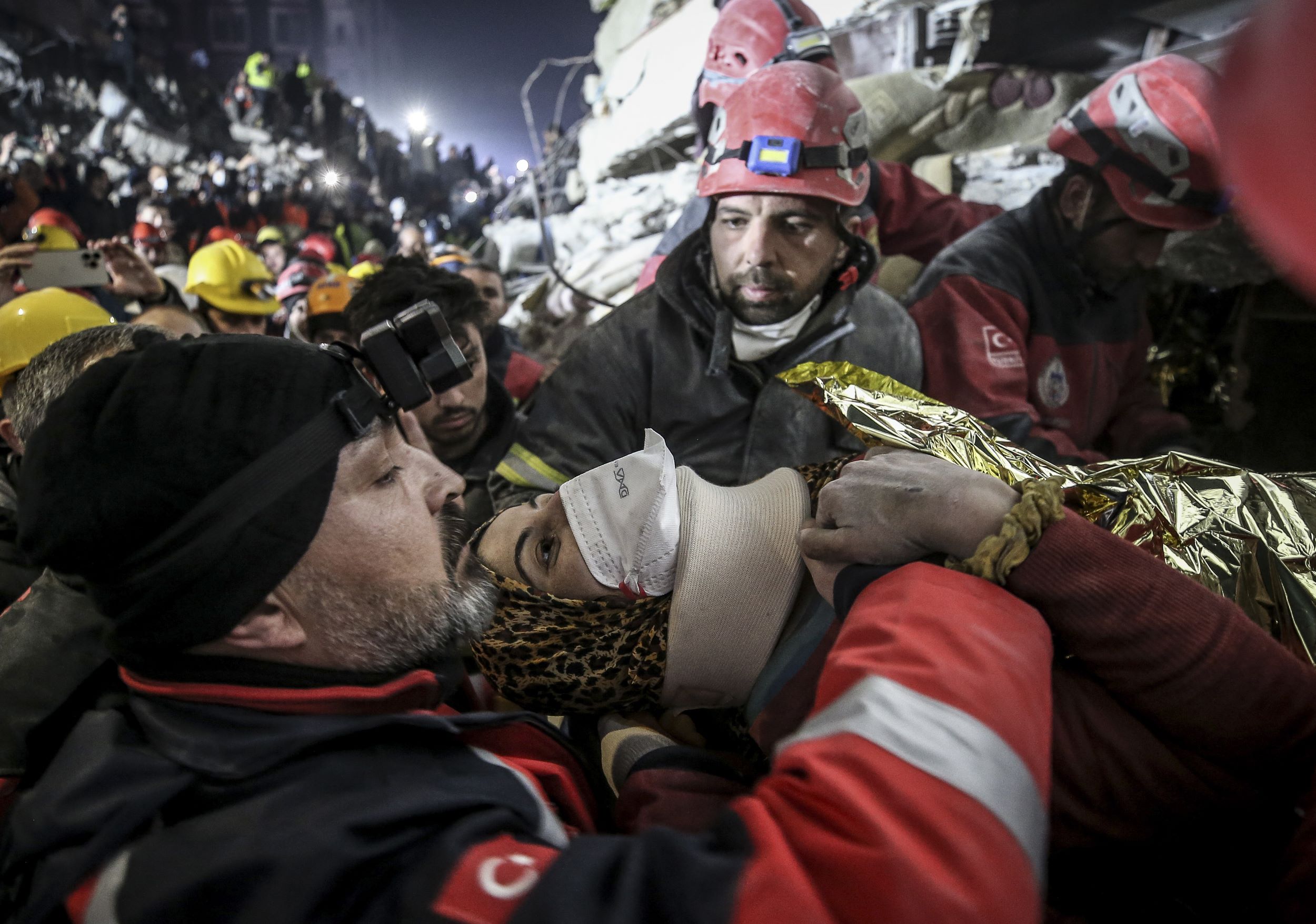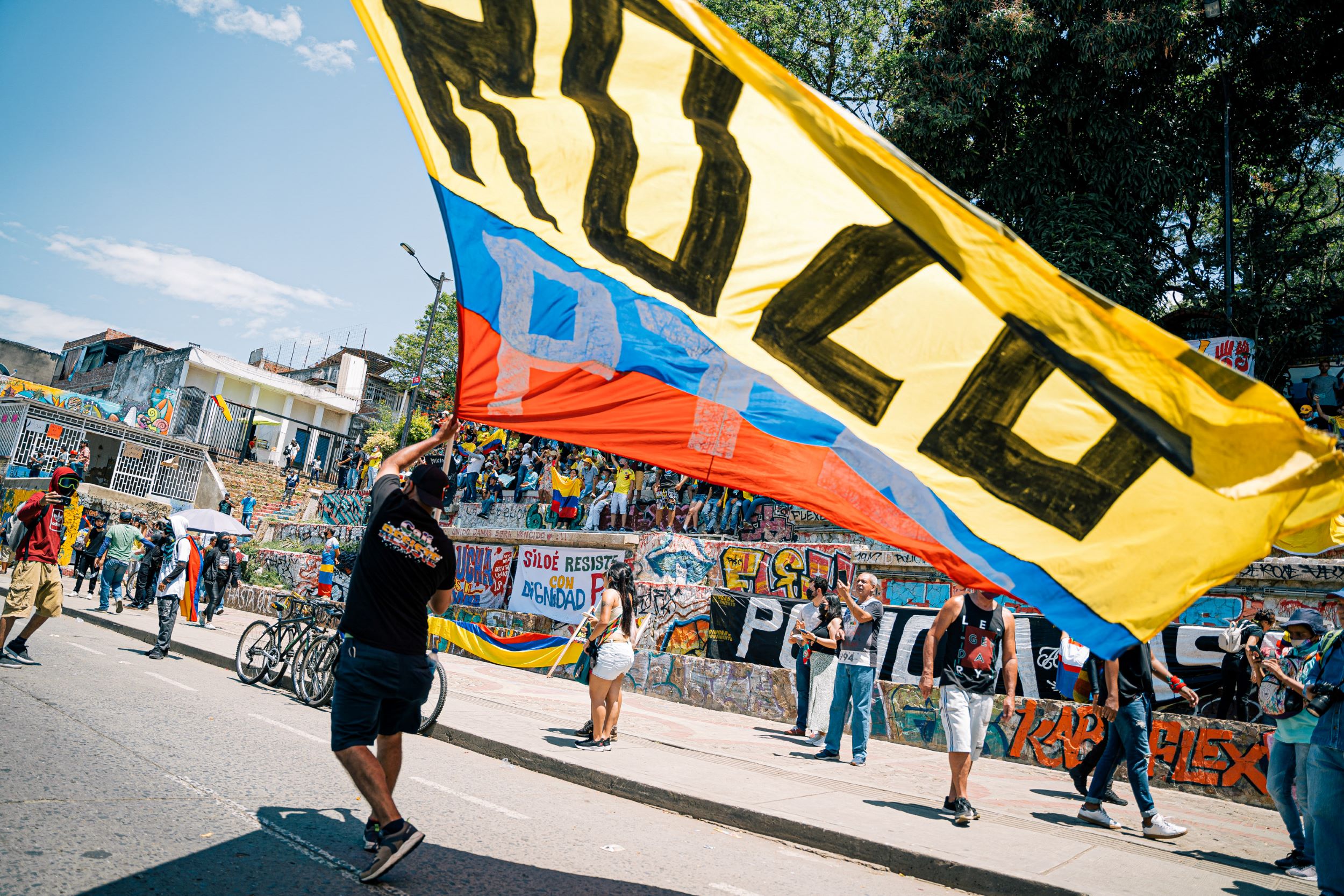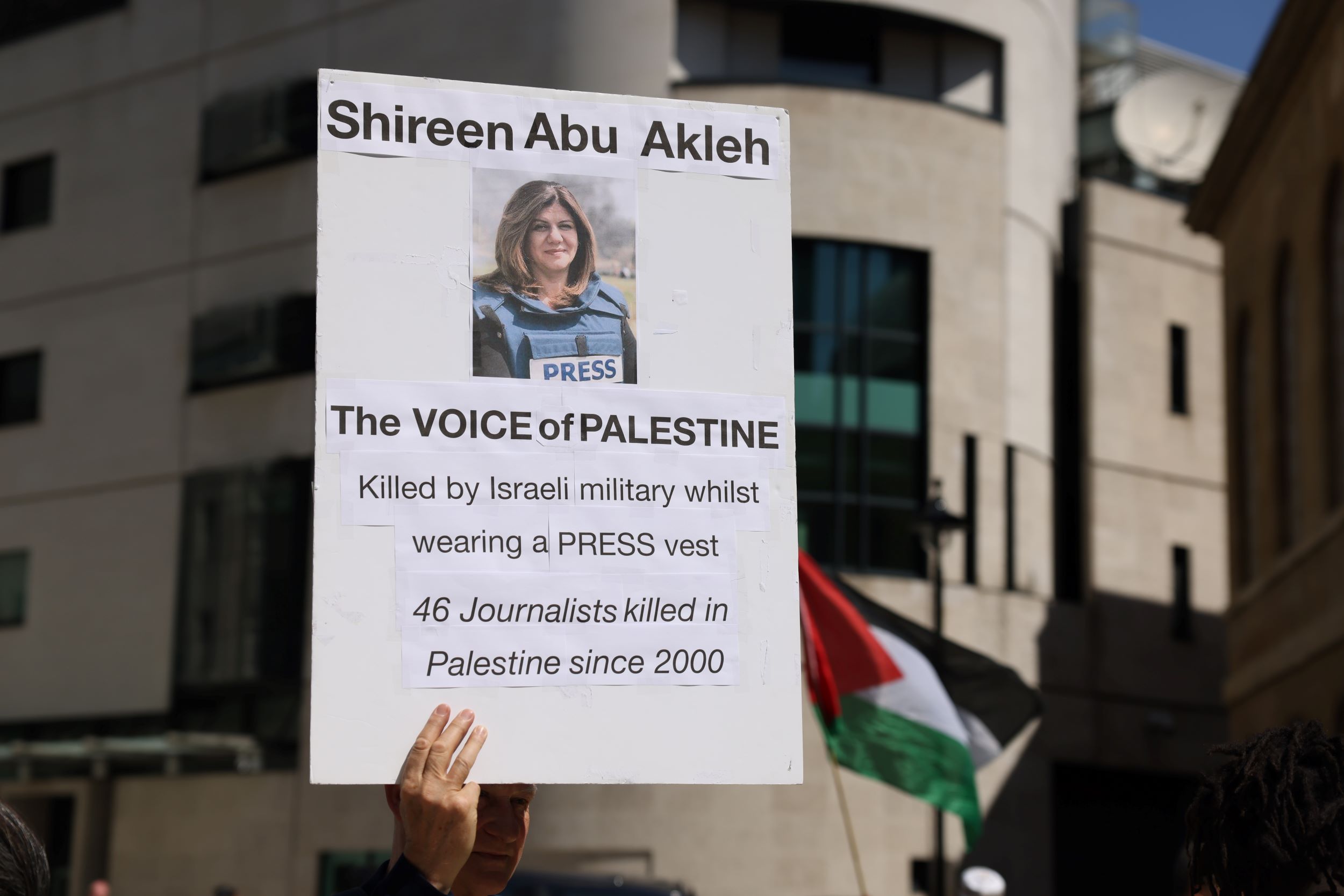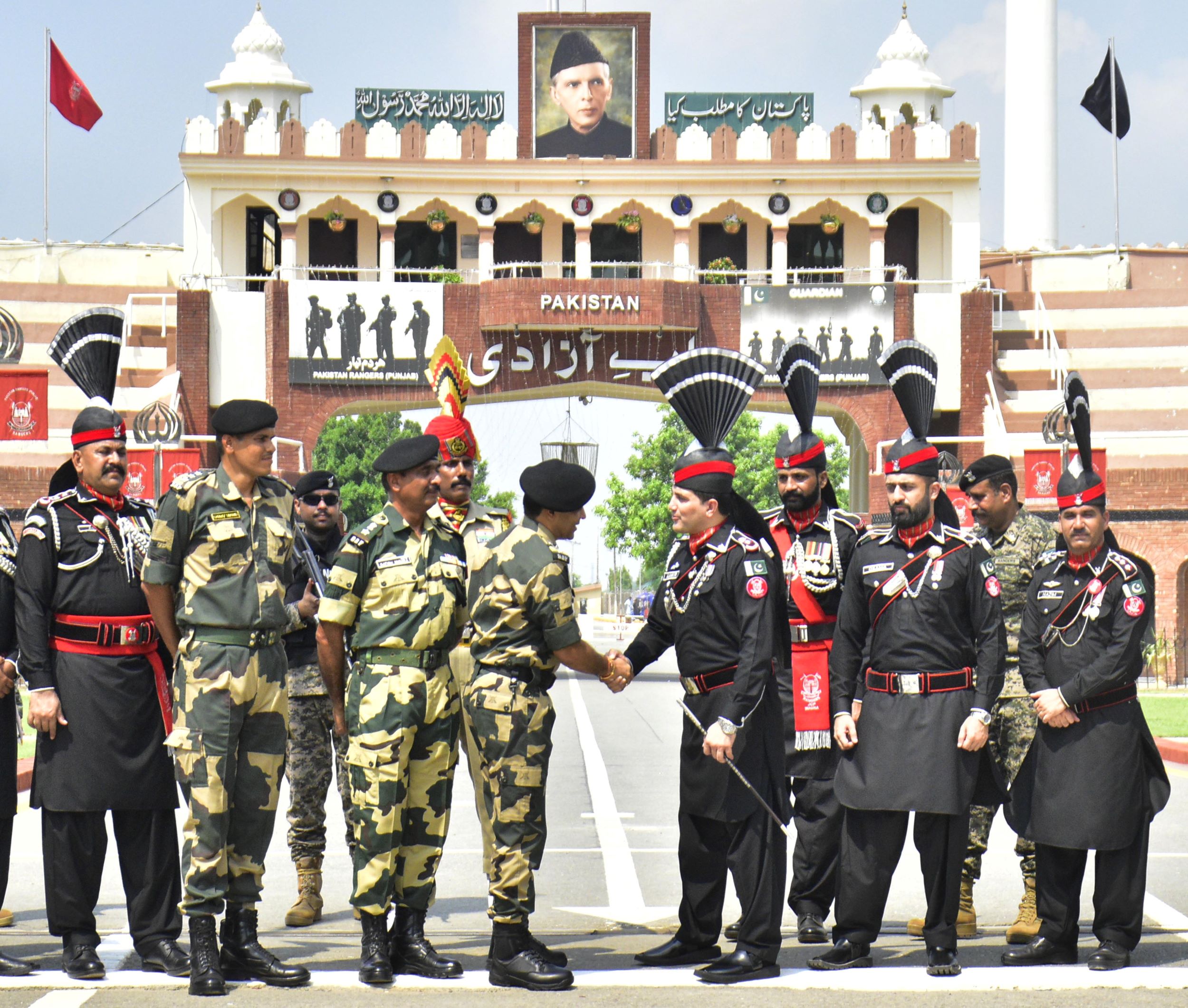جرت العادة أن يَقصِر الصحفي كتابته عن الحدث الذي يغطيه ضمن الإطار الذي تفرضه السياسة التحريرية للوسيلة الإعلامية، فتراه يختزل الأشياء من حوله في كلمات أو صور أو أصوات، وهو يدرك جيدا أنه محكوم بحيّز مكاني محدد في الصحافة الورقية، وحتى في الرقمية، أو بحيّز زمني معين في التلفزيون والإذاعة. ونتيجة لذلك، فما إن ينتهي من عمله حتى يجد لديه رصيدا كبيرا من الحقائق والمعطيات والأرقام والصور -والمشاعر أيضا- التي لم تجد طريقها في المادة الصحفية المنشورة.
ولأن ذلك الرصيد الهائل من المعطيات يجب استثماره لما يحتوي عليه من فوائد، فإن الاحترافية الصحفية لا تكفي في هذه الحالة؛ بل يتعين إيقاظ الملكات الأخرى المتمثلة أساسا في حب الكتابة، بحيث يقدم الصحفي للمتلقي "يوميات" يستفيض فيها، وتعطيه فرصة كي يكتشف الحدث من زوايا أخرى، وبنظرة أوسع وأشمل من قبل.
تأريخ اليومي
لطالما سمعنا وقرأنا أن الصحفي يؤرخ لليومي، غير أن الواقع يؤكد أنه يختزل الأحداث، بحيث تحتاج التقارير وغيرها إلى إضافات كثيرة كلما عاد إليها المؤرخ والباحث ليستجلي منها معطيات تهم الحدث زمن وقوعه، وتداعياته.
فالتقرير يحتاج إلى تقارير أخرى سابقة ولاحقة، وأخرى كتبت بالموازاة معها في المنبر نفسه أو غيره، كي يبرز منها أكبر جزء ممكن من "جبل الجليد" الذي هو الحدث.
وفي كل مرة كان الصحفي يفطن إلى ما يتجمع لديه من معطيات قد تبدو هامشية، فيلجأ إلى التأليف ليجمعها في كتاب يتيح فرصة من ذهب للمتتبع كي يستعيد ما وقع بطريقة مغايرة، وللمؤرخ والباحث من بعده كي يمحّصا ما وقع بشكل أكثر دقة وموضوعية، ووفق رؤية أوسع وأشمل.
إنه بذلك يكون قد ضرب عصفورين بحجر واحد، فمن جهة قدم خدمة للمتتبع اليومي للحدث حال وقوعه، وهذا دوره في المقام الأول، ومن جهة أخرى قدم خدمة للمكتبة الأكاديمية بعد أن وثّق تلك التجربة بشكل جعلها تخدم الباحثين والمهتمين برؤية الإطار الكامل للقصة، الإطار الذي تقتطع الكثير منه محددات العمل الصحفي اليومي. وهذا التوثيق يحتاج إلى لون مختلف في الكتابة عن الأسلوب الصحفي الاعتيادي.
وفي الحالتين معا، فإن الصحفي لا يغادر الإطار الذي يعمل داخله، بل يجمع بين الواجب والممتع، بحيث يضيف إلى صفته الأساسية صفة "الكاتب"، وهي صفة يتعين على الصحفي -أي صحفي- أن يتهيأ لها من بداياته بالضرورة، ما دام يعمل على الحرف، وبه يصنع خبزه اليومي، ونجاحاته، وشهرته.
وبينت التجربة في عدد من اليوميات، أو ما يشبهها من "تجميعات" للمعطيات "المهمشة" أثناء وقوع حدث ما، أن ما بقي من رصيد معلوماتي متراكما في ذهن الصحفي وهو يغطي الحدث، شكلت ثروة هائلة للمتتبع والباحث معا، فضلا عن أنها كشفت معدن الكاتب الذي ظل يُعتبر "مجرد صحفي" ينقل وقائع بعينها، فقط لا غير.
وينشط هذا النوع من الكتابات في الغرب، بحيث يتحول الصحفي إلى "كاتب صحفي" بسلاسة كبيرة، فتثري كتبه المكتبات، وتثير نقاشات على نطاق واسع، بعضها يشكل مادة دسمة حتى في مؤسسات الدولة كالبرلمان، وربما يحرج بعض الحاكمين، بما يسرده من معطيات جديدة ذات مصداقية، تحتاج إلى تفسيرات من المعنيين بها.
وقد تجد بعض الأحداث التي كانت دول غربية مسرحا لها -سواء أكانت سياسية أو ثقافية أو رياضية أو اقتصادية أو غيرها- محكية في وقت لاحق على وقوعها، وذلك ضمن مجموعة من الكتب، ومن وجهات نظر مختلفة لمن عايشوها من صحفيين، وبأساليب متنوعة، مما يجعلها شهية في قراءتها، وثرية لمن يحتاجها في البحث وتعميقه.
اليوميات.. تجربة شخصية
عندما كنت أغطي بطولة العالم لألعاب القوى، التي جرت في أغسطس/آب 2001 بمدينة إيدمونتون الكندية (ولاية ألبيرتا)، لاحظت أن هناك أشياء كثيرة على جانب كبير من الأهمية تستحق أن تروى. غير أن محدودية الحيز في الجريدة، وضيق الوقت، وتواتر المسابقات الرياضية يوميا، فضلا عن محدودية طاقتي الإنتاجية.. كل ذلك جعلني أؤجل العمل على كل ذلك إلى وقت لاحق.
وحالما عدت إلى المغرب، وانتهيت من الإحاطة بحصيلة الدورة، وما حصده الأبطال المغاربة من ميداليات، والأسباب التي أدت إلى بعض الخسارات، اخترت اليوميات لكتابة ما تجمّع لديّ من معطيات لم يتسن لي استثمارها زمن الحدث. وحلقة بعد حلقة، كان القارئ يجد نفسه إزاء معلومات غير مسبوقة، من شأنها أن تساعده على إعادة قراءة الحدث نفسه، بل الأصح إعادة كتابته.
وعندما سنحت لي الفرصة كي أسافر إلى العاصمة المصرية القاهرة في شتاء 2006 كي أغطي أمم أفريقيا لكرة القدم، قررت أن أكتب ما تجمع لدي من معطيات قد تبدو هامشية، في عمود سميته "هنا القاهرة". وكان يحكي كل يوم عن قصة إنسانية مصرية، أو عن حوار مغربي مصري، أو شيء لم يثر الاهتمام لدى عشاق كرة القدم.
المفاجأة أن العمود لقي ترحاباً كبيرا جدا عند القارئ المغربي، وكانت تصلني أصداء تسر كل يوم عبر البريد الإلكتروني. وشجعني ذلك بالطبع كي أوغل في تلك القصص التي كان يسهل رصدها، بما أنها شكلت 90% من المعيش اليومي، بينما لم تشكل المباريات سوى تسعين دقيقة فقط، أقل بكثير من 1%.
وبعد عشر سنوات من ذلك، وتحديدا في صيف 2016، وبعد أن غطيت الألعاب الأولمبية التي احتضنتها مدينة ريو دي جانيرو البرازيلية، ورحت أكتب يومياتي على صفحتي في موقع فيسبوك حتى أكون متحررا أكثر، نصحني زملاء أجلاء كثر بضرورة جمع ما كتبته بين دفتي كتاب.
كانت اليوميات تحكي كل مرة عن جانب من حياة الناس في ريو، أو جانب من معاناتي الشخصية في متابعة الحدث الرياضي. وحين تقرَّرَ جمعها في كتاب، قدم لها الدكتور شعيب حليفي -أحد أبرز المختصين في أدب الرحلة بالعالم العربي- ونصح بضرورة ترجمتها على الإنجليزية والبرتغالية، مشيرا إلى أنه كان يود لو أن تلك اليوميات كتبت جماعيا، بحيث تبرز فيها رؤية الصحفي والرياضي والإداري وغيرهم، وتكون "كتابا رِحْلِيا يبقى للتاريخ".
أما في التجربة الروسية، حيث غطيت كأس العالم 2018 في كل من موسكو وسان بطرسبورغ وكالينينغراد(المدن التي لعب فيها المنتخب المغربي)، فقد استثمرت خبراتي السابقة، وهيأت نفسي قبل البداية لليوميات، سيما أن المواقع الرقمية صارت تسبق إلى الخبر، في حين تبقى الحواشي، وأقصد بها تلك القصص الإنسانية، حيث يبرز المكان والمعمار والتقاليد والتراث وأشياء أخرى صامدة زمنا أطول، وتحتاج إلى من يلتقط الصوت والصورة واللون والمشاعر والأصوات، وحتى الأذواق والروائح، في كتابات تثير شهية القارئ، وتبقى للتاريخ، على حد تعبير الدكتور حليفي.
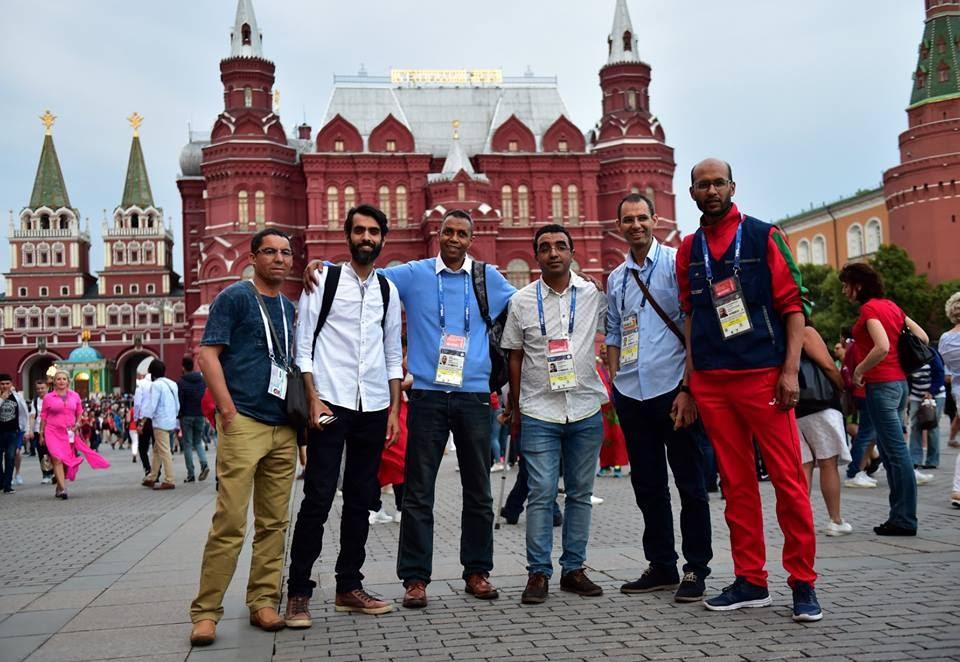
تقنيات كتابة اليوميات
يعرّف بعضهم الصحفي بـ"المبسط والمعمم"، وهو بذلك المعنى العام لا ينشر المعلومات كما هي، بل يبسطها كي تكون في متناول الجماهير. وبناء عليه، فإن الصحفي لا يمكنه وهو يكتب في فروع عمله، إلا أن يكون بسيطا في كتابته، حتى لو اختلفت التقنيات التي تستوجبها الأجناس الأخرى، وضمنها اليوميات.
وهكذا، فليس مطلوباً من أي صحفي وهو يدون اليوميات، أن يكتب بلغة نجيب محفوظ، ويسرد بأسلوب عبد الرحمن منيف، ويشوق بسحر غارسيا ماركيز، بل المطلوب منه أن يكتب حتى لا تضيع الكثير من المعطيات التي شاهدها وسمعها وشعر بها، ولم يتسن له -بفعل طبيعة المهنة اللحظية- أن يسردها في مقالات.
صحيح أنه سيكون صحفيا ناجحا في هذا الجنس الصحفي، إن جاز لنا تسميته كذلك، وهو يبرع في الوصف والسرد، وفي اختيار الكلمات، حتى يجعل قارئه يتتبعه، ويطلب المزيد، ويواصل معه إلى النهاية، غير أن كتابته لن تكون مشروطة بكل ذلك ما لم يتوفر على الآليات آنفة الذكر.
وهنا تبرز قيمة القراءة كزاد غني لكل صحفي، ذلك أنه وهو ينتقل بين أجناس الخبر، أكان مختصرا، أم موضحا، أم تقريرا، أم حوارا، أم استطلاعا، أم تحقيقا، أم رأيا في عمود أو ركن أو افتتاحية، فإنه ينشئ الجمل بجانب الأخرى، وهو بذلك بحاجة إلى زاد لغوي ومعرفي في آن واحد، وكلاهما يُكتَسبان بالقراءة.
فأثناء قراءاته، ودون أن يستشعر الصحفي بذلك، يكون قد كسب مع الزاد اللغوي والمعرفي زادا آخر، وهو الزاد الأسلوبي، إذ يكون راكم الأساليب المتنوعة في الكتابة، بين كاتب يستعمل تقنية السرد المتواتر، وآخر يستعمل السرد الاسترجاعي (فلاش باك)، وآخر يبرع في الحوار والوصف، وغيرهم يجمع بين هذا وذاك، وقد يضيف إليهما تنويعات. فيستنجد بكل تلك الأساليب حين يرغب في كتابة اليوميات، ليكون مفيدا وممتعا في آن واحد.
ولا يهم أثناء كتابة اليوميات، أن يكون السرد "ماسحا إلكترونيا" (Scanner)، بحيث يأتي على كل شيء، ولا يترك أي شيء جانبا. ذلك أن القارئ لا يحتاج إلى تفاصيل التفاصيل، بل إلى جزئيات تجعله يخلص في نهاية القراءة إلى أنه كان بحاجة إلى معرفة ما كتب له كي تكتمل عنده صورة الحدث الذي سبق أن طالعه أو تابعه.
فمثلا، قارئ يوميات لصحفي عاش حدث "11 سبتمبر 2001"، سيكتشف ببساطة أنه توقف -حين وقوع الانفجار وسقوط البرجين الشهيرين- عند صور بعينها، دون أن يعرف جزئيات ذات أهمية كبيرة، ضمنها على الخصوص كيف كان تعامل رجال المطافئ مع الواقعة، وكيف تعاطى سكان نيويورك، وبالذات مقاطعة أرلنغتون وفرجينيا ومانهاتن مع ما حدث، ثم كيف جمعت الأشلاء والشظايا، وأعيد ترتيب الأمور، وغير ذلك.
وبنهاية اليوميات، سيكون القارئ أمام صورة مغايرة عن تلك التي علقت بذهنه للحدث، واختزلت في مشهد أو مشهدين أو حتى ثلاثة، وفي جمل بعينها، وفي سيرورة لفرط ما تكررت صارت هي "كل ما حدث" يوم 11 سبتمبر 2001 وما بعده، مع أنها في الواقع ليست كذلك.
إن اليوميات -إن جاز لنا أن نسميها كذلك- هي "حديقة الصحفي". وفي تلك الحديقة توجد فسحة كبيرة للكتابة، والاسترجاع، والتخلص -ولو جزئيا ولغاية الراحة- من سلطوية الآليات الخبرية المؤطرة للعمل. وهكذا، فإن الصحفي وهو يكتب اليوميات، سيجد نفسه إزاء هامش كبير من الحرية في التدوين، وسيكون أدى خدمات لذاته، وأخرى كثيرة لغيره.
